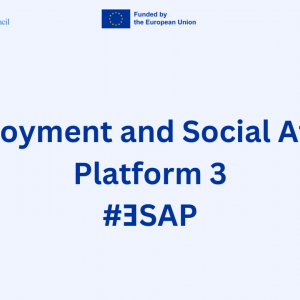Employment and Social Developments in Europe 2022 report shows young people most affected by job losses to economic impact of COVID-19

European Commission has published the 2022 edition of the Employment and Social Developments in Europe (ESDE) review
Amongst other findings, the report shows young people were among the most negatively affected by job losses during the economic crisis triggered by the COVID-19 pandemic. It also shows that the recovery was slower for them than for other age groups. Possible explanations are linked to their high share of fixed-term contracts and difficulties in finding a first job after leaving school, university, or training.
The new report helps identify and underpin the employment and social policies needed to address the challenges young people are facing to become economically independent, in the face of a worsening socio-economic situation due to Russia's invasion of Ukraine.
Main findings
-
The recovery from the COVID-19 pandemic was not evenly spread. The young (under 30 years of age) still face significant challenges to find jobs, or to find jobs that match their skills and experience. While youth unemployment decreased in 2021, particularly towards the end of the year, it remained 1 percentage point (pp) higher than before the crisis (in 2019). Of those in work, nearly 1 in 2 young people (45.9%) had temporary contracts, compared to 1 in 10 for all workers (10.2%).
-
On average, young people are more likely to face a challenging social and financial situation. Already prior to the pandemic, the labour income of young people was more volatile than that of older workers. Households headed by young people experienced more poverty, although there are marked differences across EU countries. Young people faced difficulties in meeting their everyday expenses, such as those for bills and rent, with 61% of them worrying about finding or maintaining adequate housing in the next ten years.
-
The challenges young people face depend on their level of education and on their socio-economic background. Young people with secondary education are 19pp less likely to end up in a situation where they do not work and are not in education or training than those with a lower education level. For those with tertiary education, this risk is 28pp lower. Young people from a disadvantaged background are even less likely to be in employment, education or training.
-
Gender is another factor prompting inequality amongst young people. When they start their careers, young women in the EU earn on average 7.2% less than their male colleagues, a gap which widens with age. At EU level, only a small proportion of this gap – 0.5pp – results from women's educational achievements, occupational choices, job experiences and the type of work contract they have.
The news taken from ec.europa.eu/social/
Find:
- original news HERE
- Report HERE





